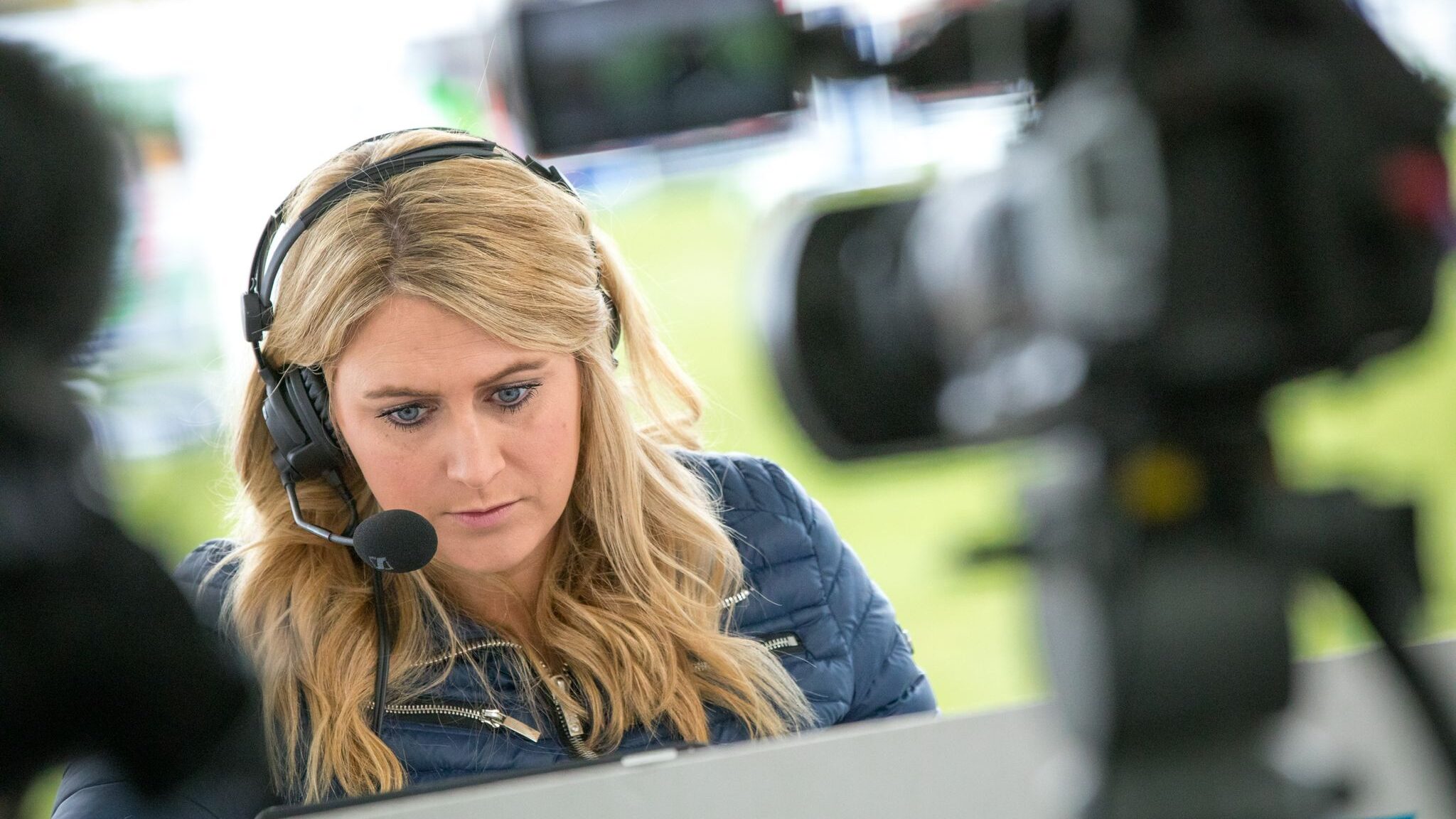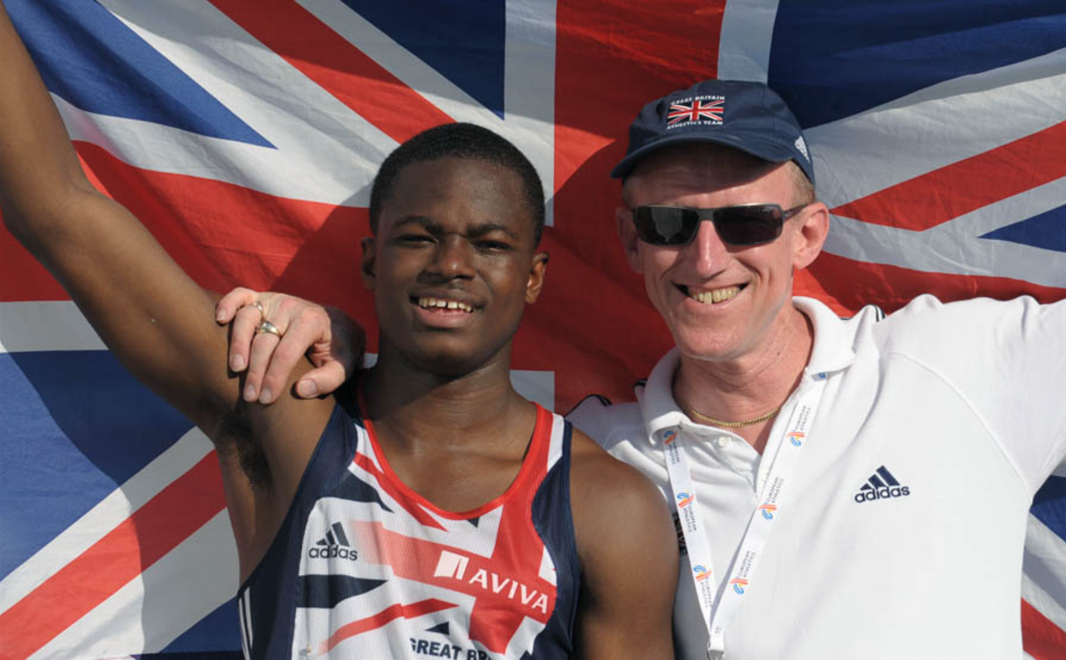He doesn’t score goals or lift trophies, but when a helmet breaks, something goes missing, or Snoop Dogg needs a running partner, American football equipment manager Patrick Reaves is always one step ahead.
Doing laundry and fixing gear for over 100 players and coaches isn’t the most glamorous job, but in the high-impact world of American football, the role of an equipment manager is vital. Within a 15-person team, Reaves ensures every helmet, jersey, and accessory is game-ready, so the players can focus solely on winning. Oh – and he’s only just out of college.
Can you tell me a bit about your role?
I’ve spent the last three and a half or four years as a student equipment manager at Miami University. I graduated a couple of weeks ago, and accepted an internship in a similar role at the University of South Alabama.
As a student, I started off really just doing laundry because my class schedules weren’t right to be able to work and practice. So I started exclusively doing laundry. Our helmets also get banged up after games, so I would be cleaning them and making sure they look nice for the next game.
The players generally don’t have to worry about a lot of that stuff. They just kind of show up and we do all the behind-the-scenes work.
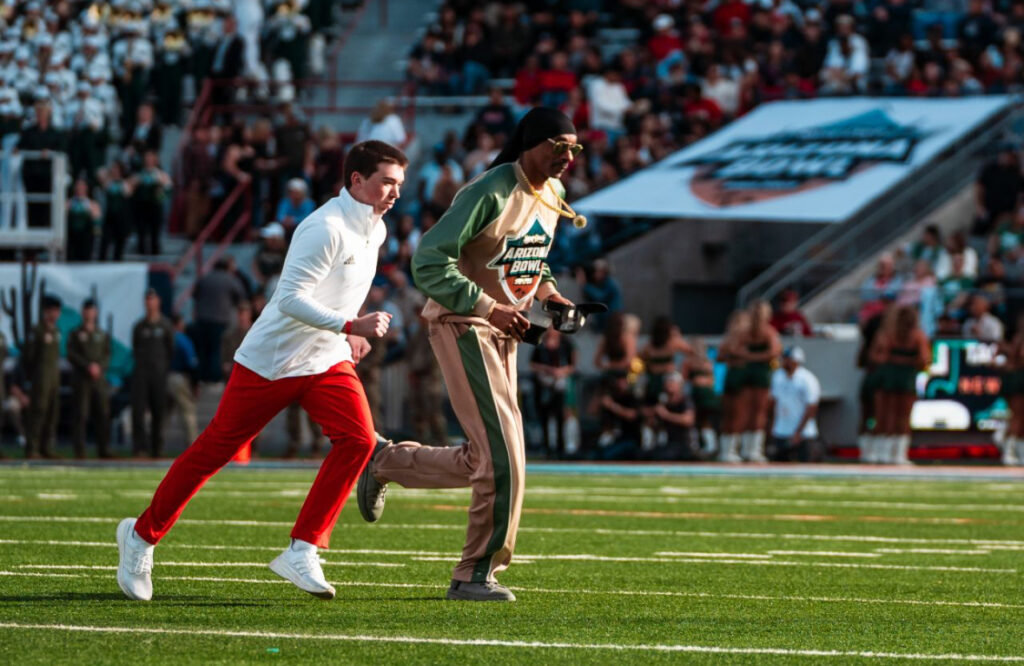
What is one of the biggest highlights of your career?
I remember we played in the Arizona Bowl, which was sponsored by Snoop Dogg.
I started going out and getting the kickoff tee because someone’s got to do it, but I’ve always loved just running out. Most people just jog out there, but I like to run as fast as I can because it makes me feel like a little kid again.
Not Colonel (The director of football equipment, Randy Bowling) but his supervisor, Daryl, he was saying, ‘Patty, Snoop Dogg is on our sideline. You should see if he wants to get the kickoff tee with you.’
Sure enough, I go up to Snoop and he’s taking photos with some of our backup players, and I was like, ‘Snoop, I’m about to get this kickoff tee after we scored, do you want to go with me?’
He was down for it, and I now have pictures on my camera roll of me and Snoop running off the field together.
What does a day in the life look for you?
For game days, we typically leave the day before. So let’s say we have a Saturday noon kickoff, we’ll leave Friday morning at maybe 7am.
We have an 18-wheeler that we load up with everything that we need. So we have our coach communication system which weighs about 1000 or 1500 pounds.
Then we have a bunch of different trunks with anything you could need, so accessories, cleats, helmet parts, office supplies, anything and everything.
We go straight to the site, we don’t check into our hotel, we go straight to the stadium and unload what we need. Typically we’ll set up the press box for the coaches then the locker room.
During the game, I would be helping out with any troubleshooting for the coach communication system. I also wear a little red pouch that has a bunch of parts for fixing helmets.
Then after the game, we obviously have to pack it all up and make sure it’s clean. We want to leave it better than we found it, that’s the goal, and then we start on laundry.
Can you name one piece of equipment in American football that is crucial but often overlooked?
I would say probably one of our sideline work trunks. We keep power tools, screwdrivers, and other tools in there, and it’s where a lot of our helmet parts are.
Helmets break a lot. Usually something will come loose, like a screw, or you might see a hairline crack which isn’t safe.
This obviously doesn’t get talked about unless there’s a massive blowout, like what happened to Patrick Mahomes in the Wild Card game against the Miami Dolphins (when the Chiefs star’s helmet shattered), but it does happen.
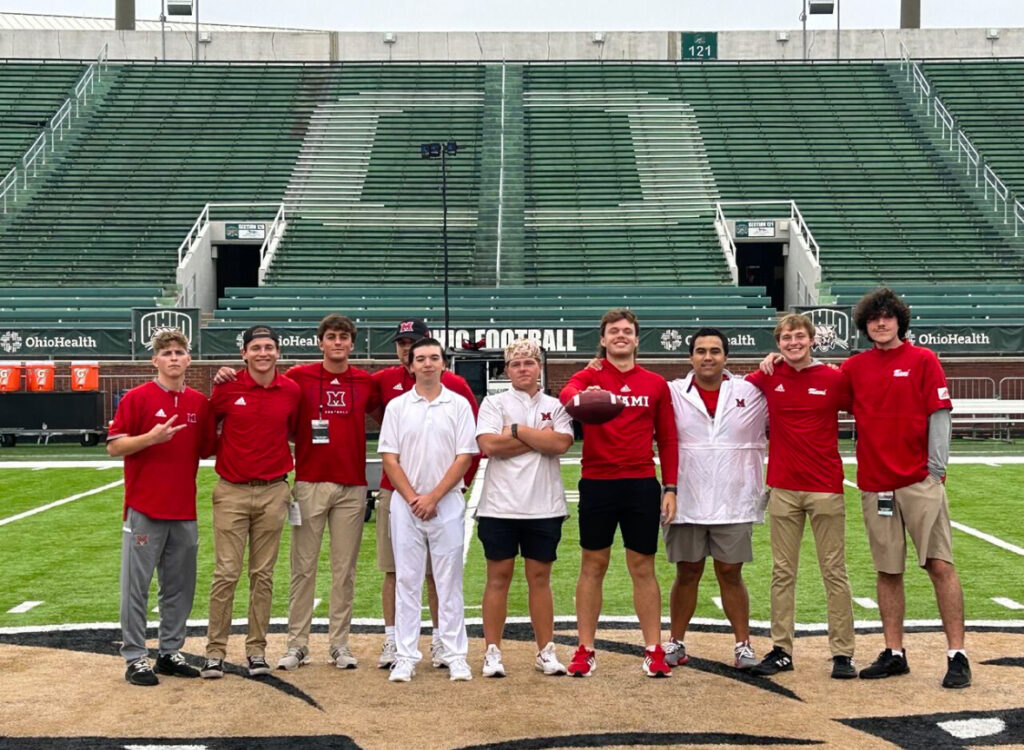
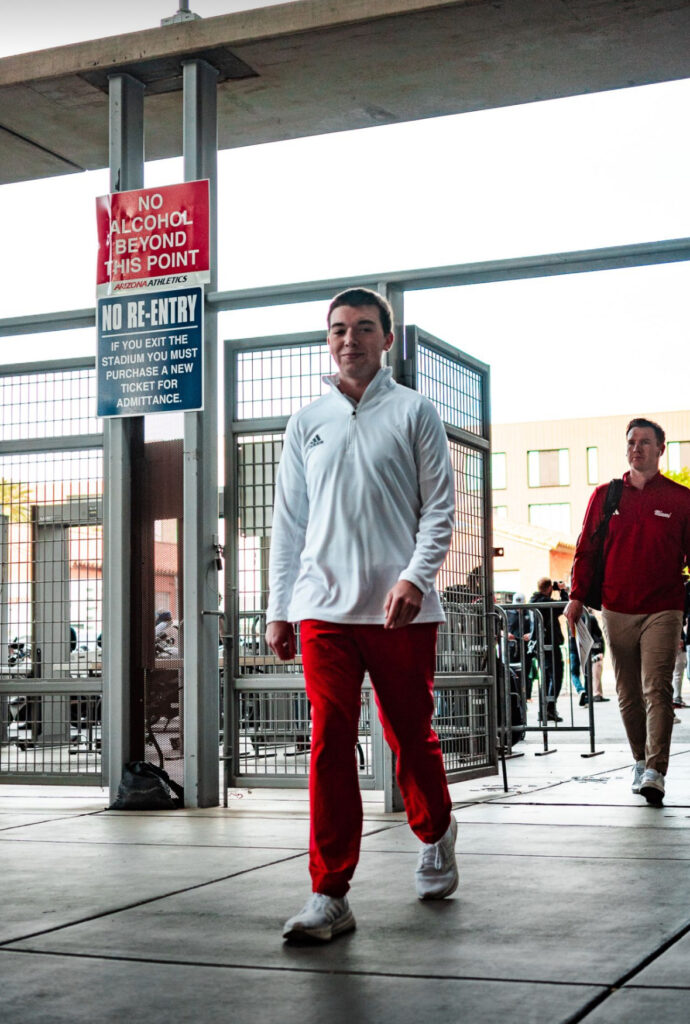
Where did it all begin?
In my sophomore year of high school I transferred to a new school. I didn’t really know a lot of people so I just went for the American football team. They put me on the offensive line with the big guys and I was not very big. I was 5’5” or 5’6” and I was getting pushed around a lot.
I thought, ‘I’ll stick it out this year for practice, but I don’t know if I can do this.’ I loved being part of the team and the guys were great so I asked our coach the next year if I could just do the equipment for them and I loved it.
Then when I got to Miami, I found our director of football operations and he put me in contact with our equipment team and one thing led to another.
I got started on laundry and then worked my way up and got more responsibilities and started learning new things. I wouldn’t change it for the world.
What does the future look like for you?
I just accepted an internship at South Alabama where I’ll have a lot more responsibilities. I’ll be learning and doing a lot more.
When I came here, I thought I wanted to get a business degree and move on to law school. I still have my business degree but I’m moving into a lower-paying role in equipment management.
In general, you’re not going to be getting the pay or recognition, but that’s not why you work in sports. You work in sports because it’s fun, and because it doesn’t feel like work.
Working behind the scenes, we don’t care about the appreciation, we’re just here to help the team out.
Reaves’ story reminds us that success isn’t always about being centre stage. It’s about the commitment to keeping every player safe and prepared, even when no one’s watching.
Sidelines Recommends

‘It could happen anywhere, to anyone’ – the charities saving lives in sport
Christian Eriksen’s cardiac arrest at Euro 2020 sparked conversations about cardiac health in elite sport – but what about saving lives out of the spotlight? From fundraising raffles to mobile heart screenings, meet the charities working to keep young athletes safe….
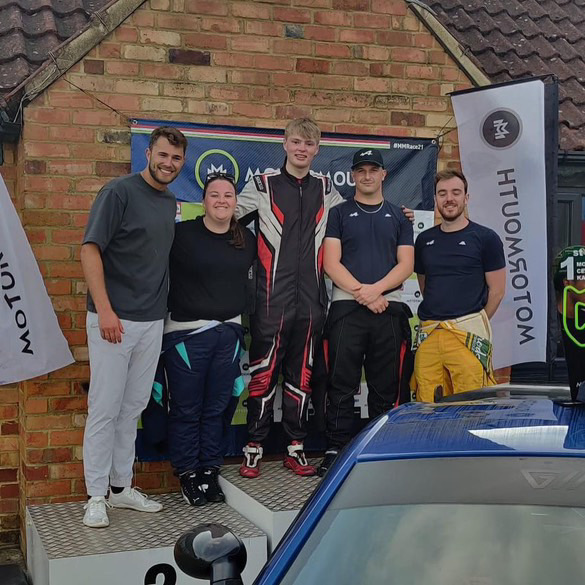
“Fierce and feminine”: the women changing F1 on and off the track
Shannon Tobin’s journey from racing novice to working for a top F1 team shows how women are steering the future of motorsport.
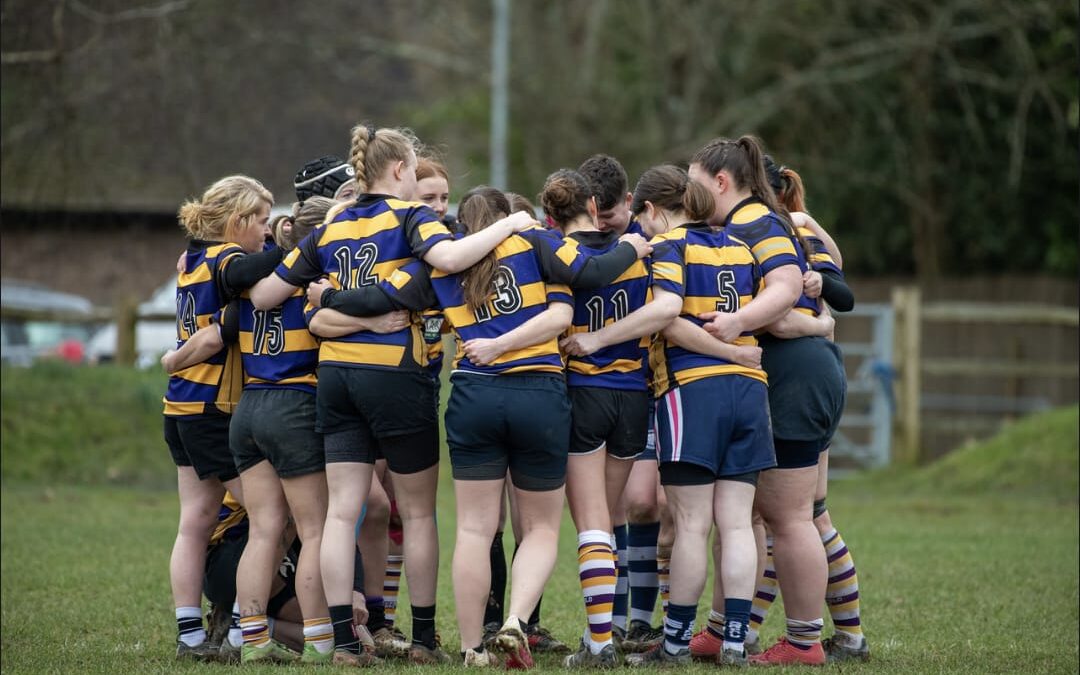
The Women’s Rugby World Cup: the start of a movement?
As the Women’s Rugby World Cup approaches, there is hope for a swell of participation in the game – but that won’t happen on its own. It takes the dedication of grassroots volunteers, as Amy Hamerslagh and Cerys Jones report. When the Women’s Rugby World Cup takes…

